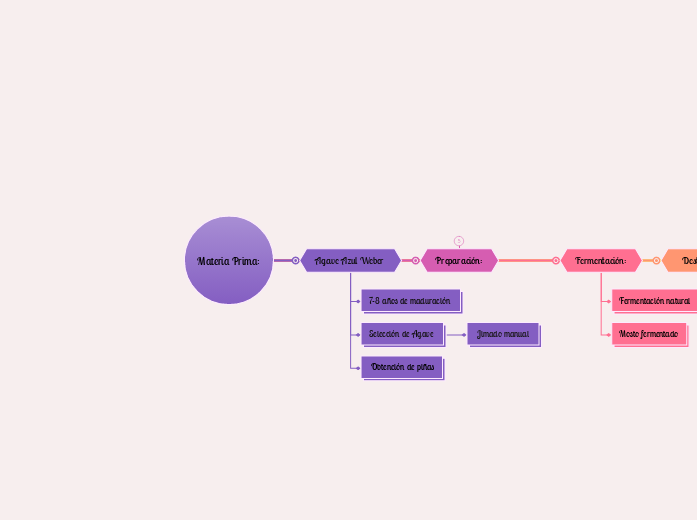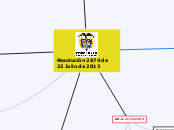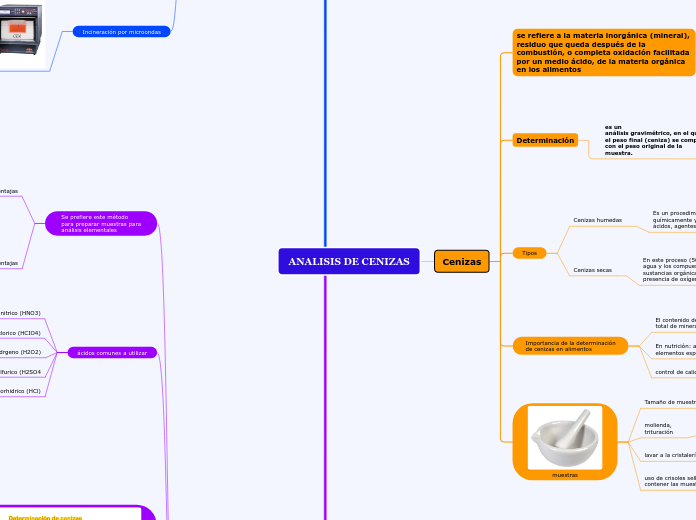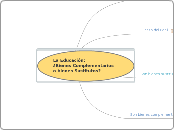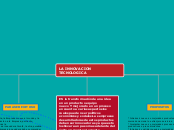Materia Prima:
Start your book report by typing in the Title and Author of the book you are presenting!
Control de Calidad:
Different types of narrative elements, such as themes, motifs, and symbols, contribute to a story's overall impact.
- What are the main themes of this book?
- Can you identify its symbols and motifs?
Pruebas organolépticas
Consider symbols to be motifs with the recurrence removed.
When we think of an object that symbolizes a concept, we speak about symbols.
Unlike motifs, symbols only need to appear once to have an effect.
Similar to motifs, symbols are physical things that are nonetheless related to themes.
Embotellado
A motif is a concrete object that recurs frequently throughout a text (typically physical objects, although it might also be sounds, places, activities, circumstances, or words). This recurrence of motifs gives a text structure by connecting different parts of the narrative to or around a primary image. Motifs frequently relate to a theme, therefore they can act as a reminder of the significance of that theme.
Producto final
A theme is a concept or a topic that an author wants to delve deep into.
Themes are recurring ideas that pop up throughout a piece of writing rather than specific, recognizable concrete imagery.
Reposo:
The voice used to tell a story is known as the narrative voice, also known as 'Point of View'.
This is provided by the person(s) telling the story from their perspective.
It is a crucial tool and element in the work. If the author uses a variety of narrative voices and perspectives, readers will view and understand a story differently.
Don Julio Reposado
- Is the narrative voice reliable? Why?
- Is a single person/character telling the story?
- How is this influencing your view of the story itself?
Maduración
- What person is the narration told at?
- How did you recognize this?
- What are the characteristics of this type of narrative voice?
8 meses
Destilación:
Keep track of the most important points in the story using the topics above.
You can use the notes to give a short summary of these events.
Destilación inicial
The resolution of the story involves tying up the loose ends of the climax and falling action.
In the resolution, the writer continues their thoughts on the story’s themes, and gives the reader something to think about after the last word is read.
Segunda destilación
Destilación final
The author examines what happens after the climax in the falling action.
- Do new conflicts consequently develop?
- How does the story's climax make a statement about its main themes?
- How do the characters respond to the climax's permanent changes?
The falling action must move the story toward some sort of resolution and begin tying up loose ends from the primary conflict, while also exploring bigger ideas and themes.
Alambiques de cobre
The author examines what happens after the climax in the falling action. Do new conflicts consequently develop? How does the story's climax make a statement about its main themes? How do the characters respond to the climax's permanent changes?
The story must be moved toward some sort of resolution by the falling action, which also has to begin tying up loose ends from the primary conflict and explore bigger ideas and themes.
Tequila blanco
The struggle reaches its height in the story's climax, and we find out what happens to the key characters.
Consider the climax as the 'turning' point in the narrative, when the main struggle is addressed decisively.
Fermentación:
The characters in a book are what drives the plot forward.
It is important to note the significance of a character and their action to the overall story.
- What are the main means of characterisation the author uses?
Use the topics below to write more information about the characters in the book!
Mosto fermentado
- Who are the secondary characters of the book?
- Are there any foils for the main characters amongst them?
- What do they bring to the story?
Fermentación natural
- Who are the main characters?
- Are they flat or round?
- Do they have justifications for their actions?
- What are their motivations?
Use the notes to write more details about the characterisation!
72-96 horas
Who are the main characters? Are they flat or round? Do they have justifications for their actions? What are their motivations?
Use the notes tab to write more details about the characterisation!
Preparación:
A book can span galaxies or single rooms. It can traverse through the past, present, and future, or can take place in a single day.
Type in the time and place of the action above.
Hornos de mampostería
- Where does the action take place?
- Is it a geographical location in the real world?
- Is it a fantasy country or continent?
- Is it another planet?
36-48 horas a 90-95°C
Cocción lenta
- When do the events of the book take place?
- Are there specific time references?
- Does the book span multiple days, months, or years?
Use the notes to write down the time references you find!
Molienda
Extracción de jugos
When do the events of the book take place? Are there specific time references? Does the book span multiple days, months, or years?
Use the notes tab to write down the time references you find!
Agave Azul Weber
To understand the work, we must understand its origin. Type in the details of the book you are studying.
In this category, you can also include things like: the recommended audience for the book, biographic details about the author, or bibliographic details about the book.
Obtención de piñas
Identifying the genre of a literary work is essential to understanding it's scope, themes, and point of view.
Write down the genre of the book you are studying here.
Selección de Agave
It is important to understand the time in which a work of literature was written to understand the language and 'identity' of the book.
Type in the original year of publication of the book you are studying.
Jimado manual
7-8 años de maduración
Literary Currents, also known as Literary Trends, determine the common characteristics of different works written in a certain period of time.
Among these characteristics, we count style, themes, aesthetics and ideologies.
What literary current does this work fit into?
